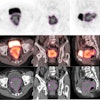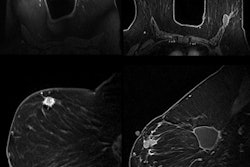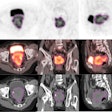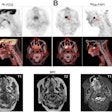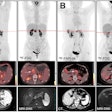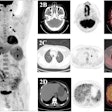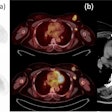Qigong, an ancient Chinese mind-body practice, reduces symptoms of depression and improves quality of life in women undergoing radiation therapy for breast cancer, according to a study published online January 25 in Cancer.
Qigong consists of synchronizing one's breath with various exercises. As a practice, qigong dates back more than 4,000 years, when it was used across Asia to support spiritual health and prevent disease.
Researchers from MD Anderson Cancer Center enrolled 96 women with stage I to stage III breast cancer from Fudan University Shanghai Cancer Center in China. Of those patients, 49 were randomized to participate in five 40-minute qigong classes during each week of their five to six weeks of radiation therapy. The remaining 47 received the standard of care and were the control group for the study (Cancer, January 25, 2013).
Participants in both groups completed assessments at the beginning, middle, and end of radiation therapy, and then at one and three months after treatment. Different aspects of quality of life were measured, including depressive symptoms, fatigue, sleep disturbances, and overall quality of life.
Patients in the qigong group reported a steady decline in scores of depressive symptoms beginning at the end of their radiation therapy; their mean score of 12.3 dropped to 9.5 at the three-month follow-up. No changes were noted in the control group over time.
The researchers found that qigong was especially helpful for women reporting high baseline depressive symptoms, according to study co-author Lorenzo Cohen, PhD, director of MD Anderson's integrative medicine program and a professor of general oncology and behavioral science.
As the benefits of qigong were largely observed after treatment concluded, the researchers suggested that qigong may prevent a delayed symptom burden or expedite the recovery process, especially for women with elevated depressive symptoms at the start of radiotherapy.
Additional research is needed to understand the possible biological mechanisms involved and to further explore the use of qigong in ethnically diverse populations with different forms of disease, according to the group.



